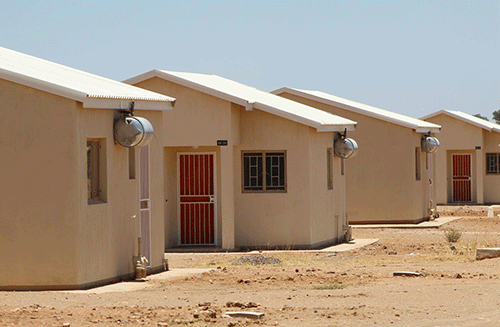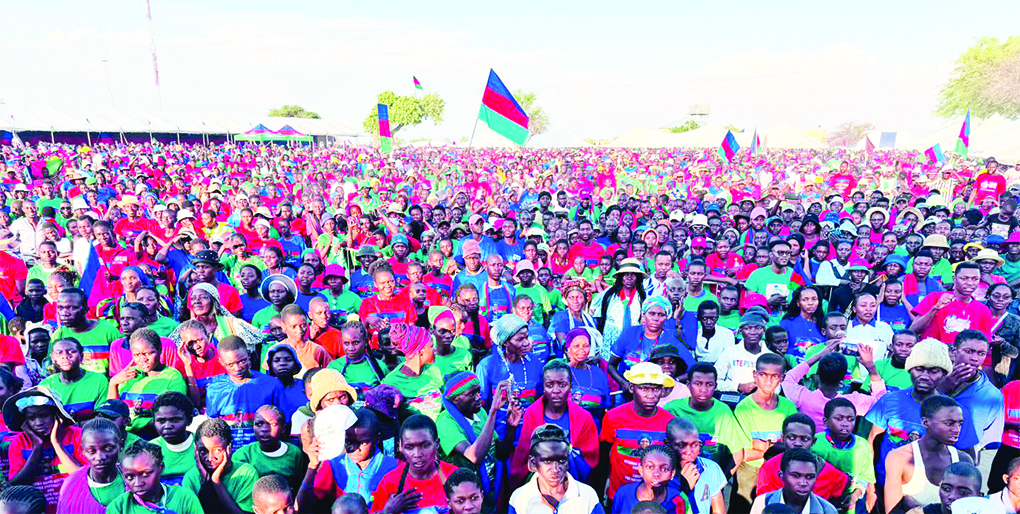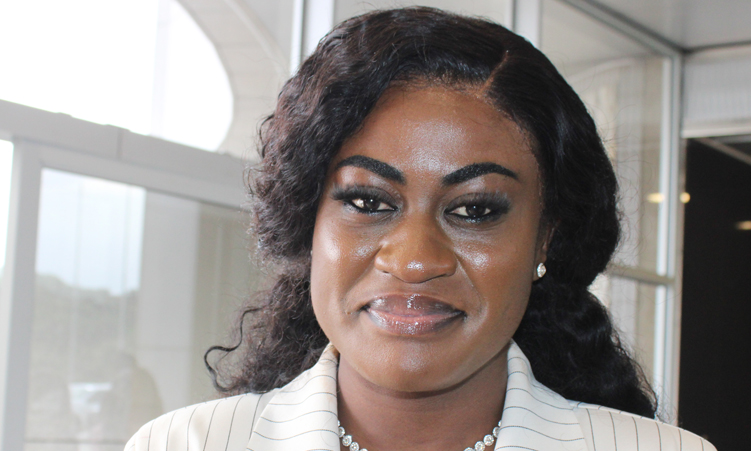NEW YORK – US Vice President Dick Cheney pushed after the September 11 attacks for practically unlimited intercepts of domestic telephone calls and e-mail messages without court warrants in the hunt for terrorists, The New York Times reported yesterday.
Citing two unnamed senior intelligence officials, the newspaper said lawyers for the National Security Agency, reluctant to approve any eavesdropping without warrants, insisted in late 2001 that it should be limited to communications into and out of the country. The NSA’s position ultimately prevailed.But just how General Michael Hayden, the director of the agency at the time, designed the programme, persuaded wary NSA officers to accept it and sold the White House on its limits is not yet clear, the report said.President George W Bush on Monday named Michael Hayden to lead the CIA.By several accounts, General Hayden, a 61-year-old Air Force officer who left the agency last year to become principal deputy director of national intelligence, was the man in the middle as Bush demanded that intelligence agencies act urgently to stop future attacks, the paper pointed out.On one side was a strong-willed vice president and his longtime legal adviser, David Addington, who believed that the Constitution permitted spy agencies to take sweeping measures to defend the country, The Times said.On the other side were some lawyers and officials at the largest American intelligence agency, which was battered by eavesdropping scandals in the 1970s and has since wielded its powerful technology with extreme care to avoid accusations of spying on Americans, the report noted.As in other areas of intelligence collection, including interrogation methods for terrorism suspects, Cheney and Addington took an aggressive view of what was permissible under the Constitution, according to The Times.If people suspected of links to al Qaeda made calls inside the United States, the vice president and Addington thought eavesdropping without warrants “could be done and should be done,” the paper said.It quotes one of the officials as saying that there was “a very healthy debate” over the issue.The vice president’s staff was “pushing and pushing, and it was up to the NSA lawyers to draw a line and say absolutely not”, the official said.Both officials said they were speaking about the internal discussions because it was important for citizens to understand the interplay between Cheney’s office and the NSA.- Nampa-AFPThe NSA’s position ultimately prevailed.But just how General Michael Hayden, the director of the agency at the time, designed the programme, persuaded wary NSA officers to accept it and sold the White House on its limits is not yet clear, the report said.President George W Bush on Monday named Michael Hayden to lead the CIA.By several accounts, General Hayden, a 61-year-old Air Force officer who left the agency last year to become principal deputy director of national intelligence, was the man in the middle as Bush demanded that intelligence agencies act urgently to stop future attacks, the paper pointed out.On one side was a strong-willed vice president and his longtime legal adviser, David Addington, who believed that the Constitution permitted spy agencies to take sweeping measures to defend the country, The Times said.On the other side were some lawyers and officials at the largest American intelligence agency, which was battered by eavesdropping scandals in the 1970s and has since wielded its powerful technology with extreme care to avoid accusations of spying on Americans, the report noted.As in other areas of intelligence collection, including interrogation methods for terrorism suspects, Cheney and Addington took an aggressive view of what was permissible under the Constitution, according to The Times.If people suspected of links to al Qaeda made calls inside the United States, the vice president and Addington thought eavesdropping without warrants “could be done and should be done,” the paper said.It quotes one of the officials as saying that there was “a very healthy debate” over the issue.The vice president’s staff was “pushing and pushing, and it was up to the NSA lawyers to draw a line and say absolutely not”, the official said.Both officials said they were speaking about the internal discussions because it was important for citizens to understand the interplay between Cheney’s office and the NSA.- Nampa-AFP
Stay informed with The Namibian – your source for credible journalism. Get in-depth reporting and opinions for
only N$85 a month. Invest in journalism, invest in democracy –
Subscribe Now!










